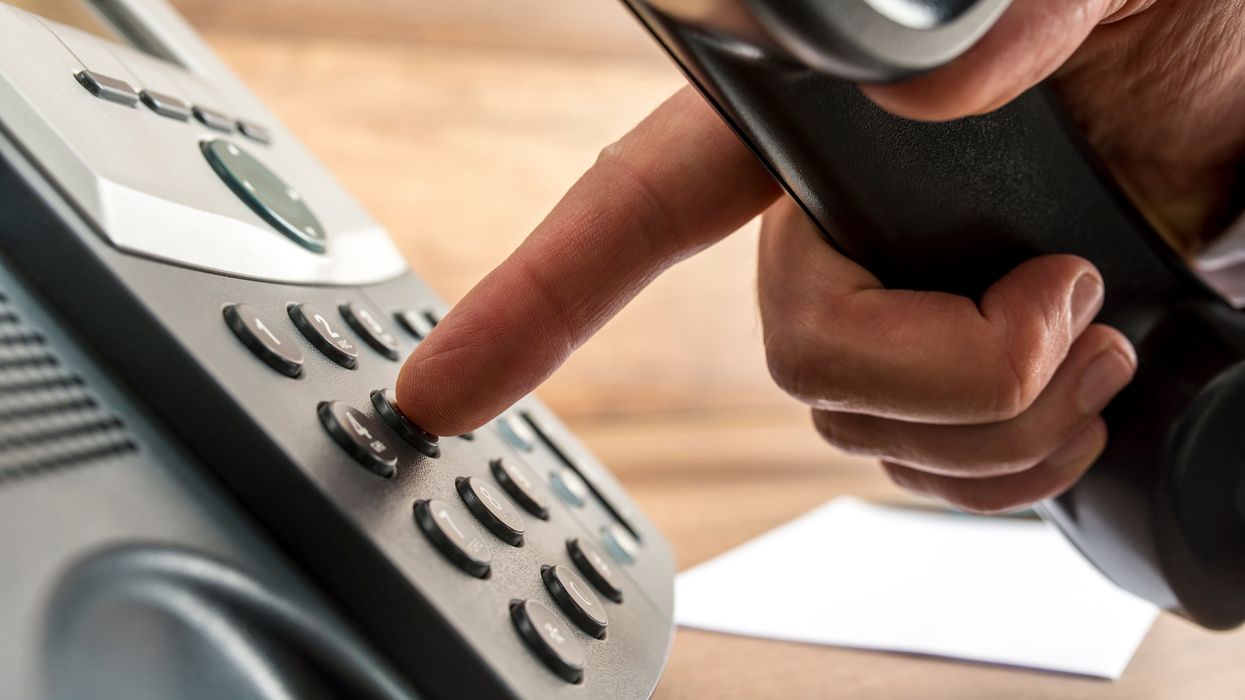Was an employee’s late call-in enough for termination?
Tonya managed a fast-food restaurant, which meant she often began her shift at 5 a.m. and opened the restaurant an hour later. Tonya had some trouble following the company's attendance policy, specifically the requirement that late or absent employees “call the management person in charge immediately.” The employer told Tonya that any “further unscheduled or unexcused absences” risked “further disciplinary action, up to and including termination.”
Diabetes also caused Tonya to miss work. One morning, she woke up feeling disoriented with a low blood-sugar level. She drove herself to a nearby clinic, where a doctor placed her on an IV for the rest of the day.
Meanwhile, the restaurant opened more than five hours late because Tonya never notified anyone that she would be absent. The employer found out only when a customer called to complain that the restaurant was closed. Until then, no one at the company had any idea Tonya was ill.
Tonya didn’t call until the next day, several hours after her next 5 a.m. shift was set to start. During the call, Tonya told Cindy, one of her supervisors, what had happened and said she needed to take sick leave. Tonya said she’d been too drugged out to call, couldn’t concentrate, and would contact Cindy later. Cindy asked Tonya why she could drive to the doctor, yet not call off work. Tonya had no response. About 30 minutes later, the company president decided to fire Tonya.
Before she found out about the termination decision, Tonya tried to request leave under the Family and Medical Leave Act (FMLA) for the days she missed. To her surprise, not only did the company deny it for failing to provide notice of her request as soon as possible, but she also lost her job for failing to follow the company’s notice procedures.
Tonya sued, arguing that the employer interfered with her FMLA leave rights.
The employer wanted the case to be thrown out, arguing that it didn’t know about Tonya’s need for leave before it decided to fire her.
The court didn’t throw the case out, but said that an “employer’s duties are triggered when the employee provides enough information to put the employer on notice that the employee may be in need of FMLA leave.” It said a jury would need to determine if that’s what happened, since Tonya told Cindy about her condition.
The court also said a jury would need to decide whether Tonya was entitled to the FMLA leave, despite the late notice. Employees must give advance notice when the leave is foreseeable. When it’s not, employees must give notice as soon as practicable under the facts and circumstances of the particular case. The employer questioned whether a call the morning after she received emergency medical treatment was soon enough. Tonya’s misconduct could have been related to her serious health condition.
Huber v. Westar Foods, Inc., 8th Circuit Court of Appeals, No. 23-1087, May 30, 2025.
Key to remember: Employees might be unable to follow a company’s call-in requirements because of a medical condition. Such a failure doesn’t undo their right to FMLA leave.





















































